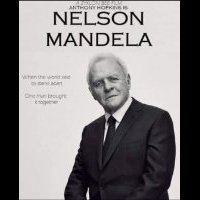NRC's reform blueprint 'could take 6 months'
-
Recently Browsing 0 members
- No registered users viewing this page.
-
Topics
-
-
Popular Contributors
-
-
Latest posts...
-
16
Parental neglect
The Mother can do what she wants until the kids are 20 years old. Can abandon them by going to a foreign country and you can't do a thing about it.... -
18
Dash cam(motorbike)
Cheers mate, it's all sorted and working, can now download any video plus screenshots. Just come back from drive out, opened the camaraand downloaded a few just to watch. -
50
Crime Indian Tourist Robbed After Beach Encounter in Pattaya
YOU Know the answer already don't YOU ?? -
7
Elon's American party.
What does the Constitution say about democracy? I think the best thing we could do is repeal the 17th Amendment. -
12
EXPORTING a car from thailand
Hey mate I know this post is almost 10 years old but I am looking to export my Hilux Tiger 1KD to Australia and would greatly appreciate it if you would kindly share the contact details for the agent you used? -
50
Crime Indian Tourist Robbed After Beach Encounter in Pattaya
Might have been only a Small Shower room, NOT Big enough fpor 2 KNOBheads !!
-
-
Popular in The Pub








.thumb.jpeg.d2d19a66404642fd9ff62d6262fd153e.jpeg)





Recommended Posts
Create an account or sign in to comment
You need to be a member in order to leave a comment
Create an account
Sign up for a new account in our community. It's easy!
Register a new accountSign in
Already have an account? Sign in here.
Sign In Now